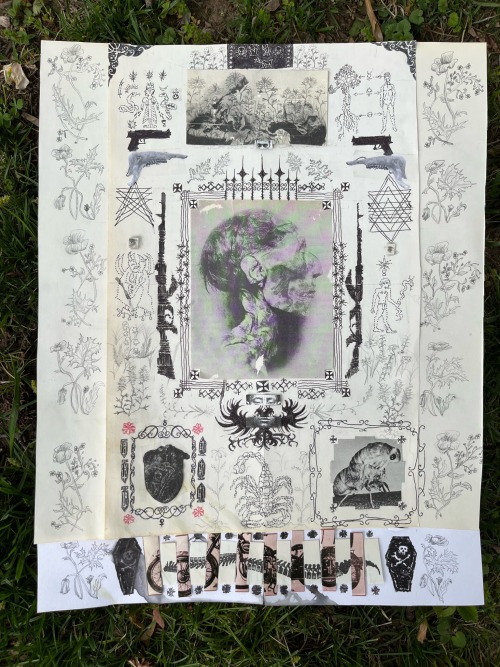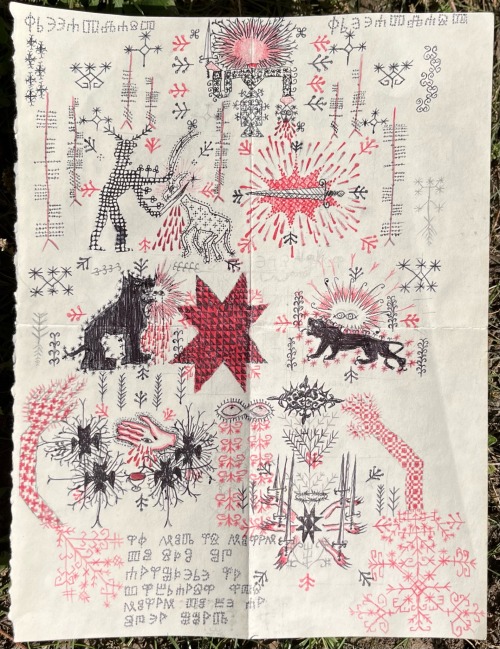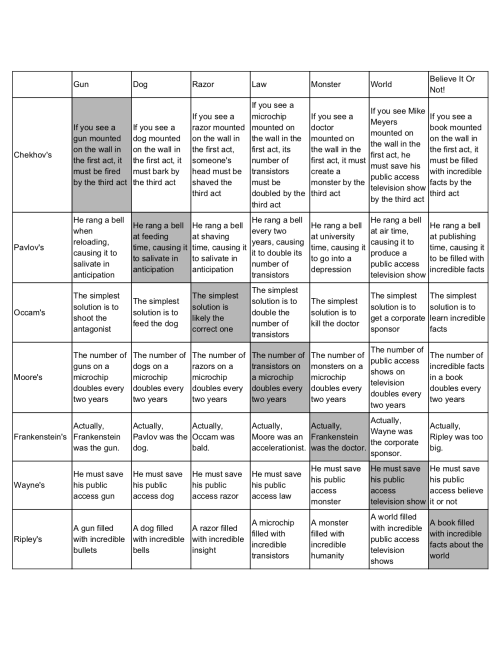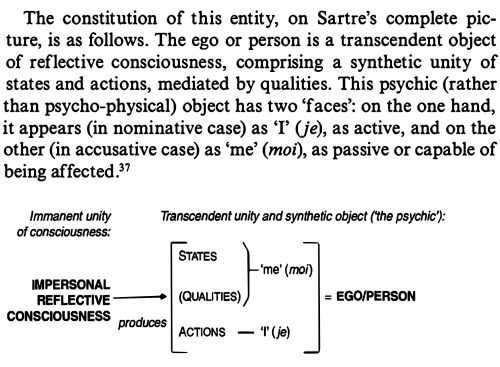
sigilheart
mostly research on esotericism, metaphysics, and the occult main
178 posts
Latest Posts by sigilheart


thinking about angels...








— Ursula K. Le Guin, from “A Rant About ‘Technology’”

Linda Dalrymple Henderson, The Fourth Dimension and Non-Euclidian Geometry in Modern Art

The nested circles of the Great Chain of Being that represents the worldview of all pre-modern cultures

Agnes Denes. Studies of Time—Explorations of Time Aspects, 1970

Lawrence R. Alschuler, The Psychopolitics of Liberation: Political Consciousness From a Jungian Perspective






“Drawings based on subtle-knowledge and brief description of some types of angels“

Pyramidion of Amenemhat III
Middle Kingdom, 12th Dynasty, ca. 1860-1814 BC. Basalt. From Dahshur. Now in the Egyptian Museum, Cairo. JE 35133
Read more



circa this past spring during my esoteric jihad / yukio mishima phase.

i am not taking questions at this time
archetypes are rendered by increasing the passage of time's speed which reveals a given figure or subject matter's most distinctive & consistently recurrent traits as they reappear & reinforce a distinction over time. any perceived archetype in the present is, thus, the very countenance of primordial history itself since the beginning, looking back.

from Bhanu Kapil’s The Vertical Interrogation of Strangers

Pages from the oldest known Norwegian svartebok ("black book") manuscript. Vinjeboka, c.1480-1520, Ms.8° 1059, Nasjonalbiblioteket, Oslo, Norway.

Theories can be crudely organized into a family tree where each might, at least in principle, be derivable from more fundamental ones above it
Bernard Carr, Universe or Multiverse?

Dialectics: Being-Nothing-Becoming
When we think Being it immediately is Nothing, and Nothing is immediately Being. The very thinking of them is their vanishing, and thinking is what a thought truly is. It is no logical nonsense to say the truth we have experienced: Being is Being vanishing to Nothing, and vice versa.

The continuum of dissociation
Christian Scharfetter, Ego‐Fragmentation in Schizophrenia: A Severe Dissociation of Self‐Experience

The great nest of being in the four quadrants, after Ken Wilber
Joseph Boros, Reframing Environmental Scanning: An Integral Approach

Cognitive conceptualization of borderline personality disorder
Hal Straus and Jerold Jay Kreisman, Sometimes I Act Crazy

Averill and Sundararajan, "Experiences of Solitude: Issues of Assessment, Theory, and Culture"








